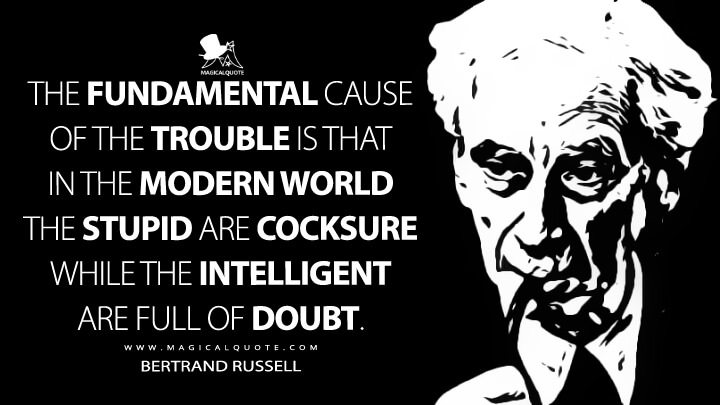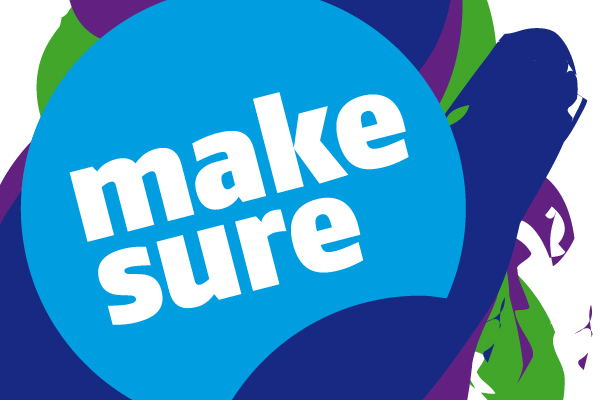
Everyone has an eschatology
Be it biblical or not,
We regularly think of the end times
And what will be our final lot.
Some believe not in heaven or hell
And some wish that there were only one
And that they would awake up there
On that resurrection morn.
Now is as good a time as any
To state that belief does not change fact
And that our feelings, desires and wishes
Often lead us into traps.
Hence, a question worth considering
Is, what is your eschatology,
This is a critical question indeed
Pertaining to one’s destiny.
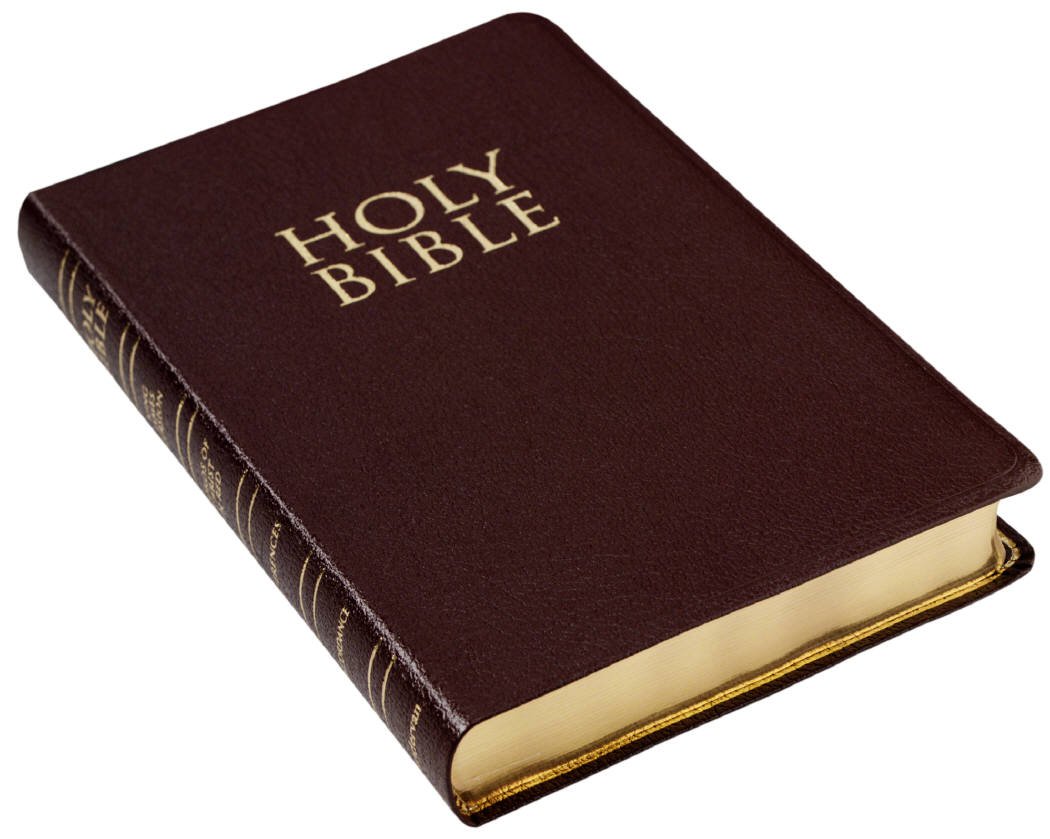
The Bible speaks of the end times
And of the return of Jesus Christ,
Thus, an eschatology outside of the Bible
Most definitely will not suffice.
The books of Daniel and Revelation
Speak to this eventuality
However, these are not the only books
That feature eschatology.
One’s eschatological stance
Is dependent on one’s interpretive lens,
There are four distinctive positions
Though with some common trends.

There are the Futurist and the Preterist
The Historicist and the Idealist
But the overarching narrative is the same
Regarding the four on this list.
In the book of Revelation especially
There is a distinctive storyline
Beginning with letters to seven churches
And concluding with the end of time.
These four basic eschatological positions
In some way relate to this event line
And through their interpretive lenses
They determine the prophetic time.
From the letters to the Lamb’s Throne
Then the seals, the trumpets and the bowls
These three comprise the tribulation
And then the millennium unfolds.
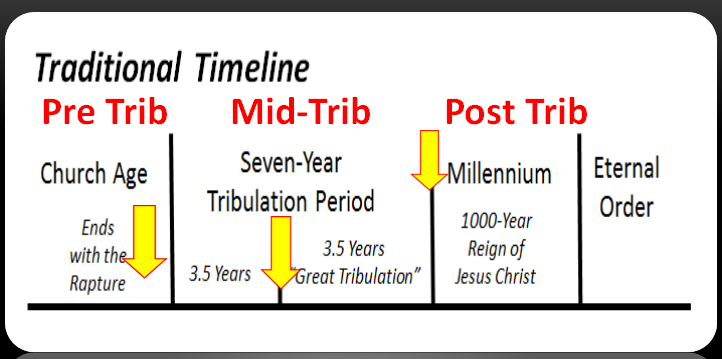
The Futurist may be pre-tribulation,
Mid-tribulation or even post-tribulation,
Whichever of these positions he holds
His belief is premillennialism.
For him the tribulation is yet to be
As well as the promised millennium,
He stands at the beginning of Revelation
When none of these has begun.
The preterist is quite the opposite
And stands at the ending of Revelation,
The great tribulation has already passed
And this is currently the millennium.
![The Siege of Jerusalem (70 AD) - The Great Jewish Revolt [FULL DOCUMENTARY] - YouTube](https://i.ytimg.com/vi/y741QbT1YEo/maxresdefault.jpg)
The tribulation for him was in AD 70
When the Jewish temple was destroyed,
This signaled the end of the Old Covenant
And the beginning of New Covenant joy.
He is noticeably postmillennial
And sees the world as getting better
Quite unlike the premillennial futurist
That believes it will get even darker.
Well what about the Idealist?
What was the stance he took?
Well he is considered as amillennialism
The millennium is different in his book.

The millennium is the church age
This is the period the devil is bound
The resurrection of the Lord Jesus Christ
Now to everyone redounds.
For him the events are repeated
As humans traverse the annals of time
The book of Revelation is a repeated pattern
Thus, not one, but many story lines.
The historicist is precisely that
It is an overview of the entire church age
And they can hold a different position
At a specific given stage.
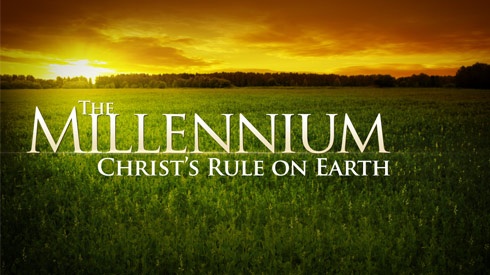
Like a middle of the road position
While at times siding with the other three:
Amillennialism, premillennialism or even post-
Dependent on actual history.
Not as definitive and as precise
As each of the other three
But still holding a prominent position
As it relates to eschatology.
Stewart Russell © February 22, 2021

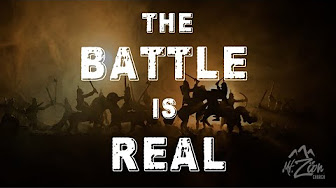

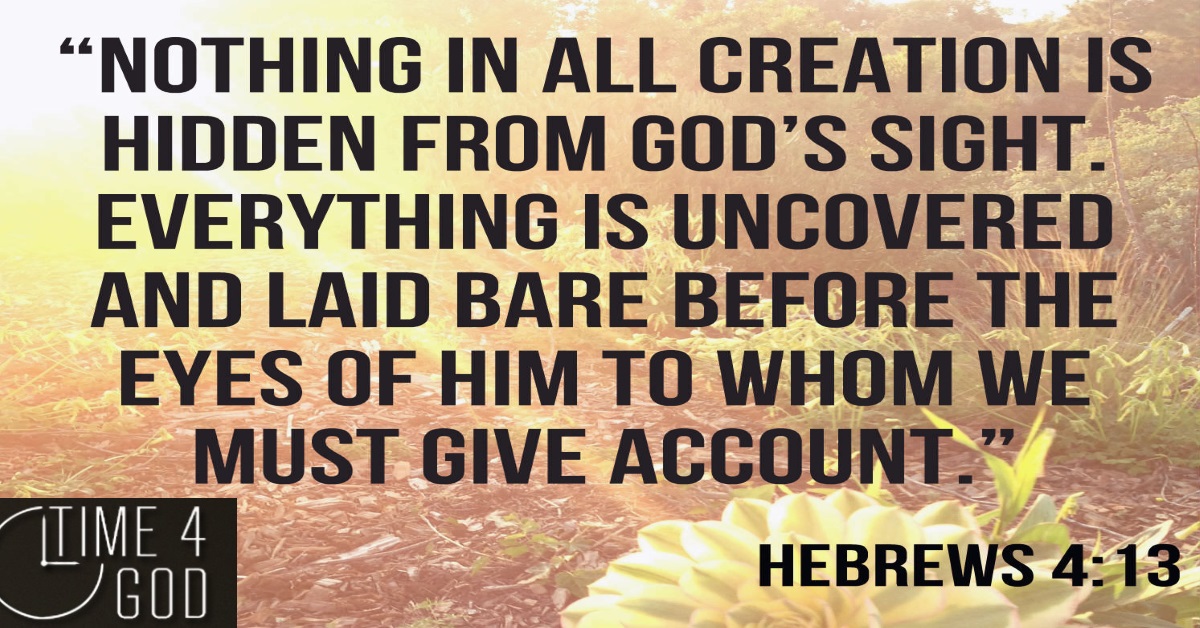













![The Siege of Jerusalem (70 AD) - The Great Jewish Revolt [FULL DOCUMENTARY] - YouTube](https://i.ytimg.com/vi/y741QbT1YEo/maxresdefault.jpg)

